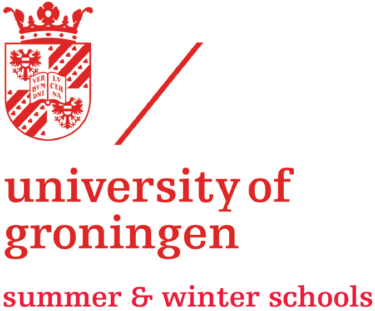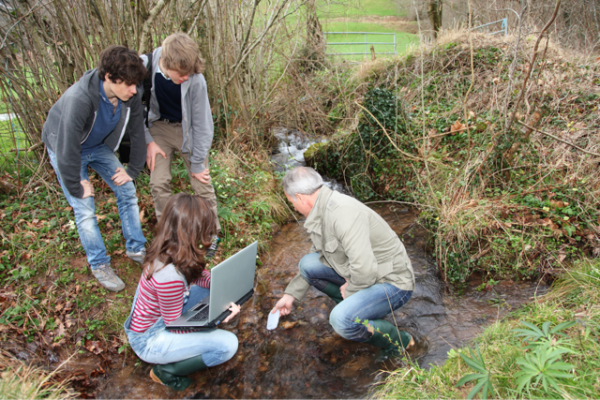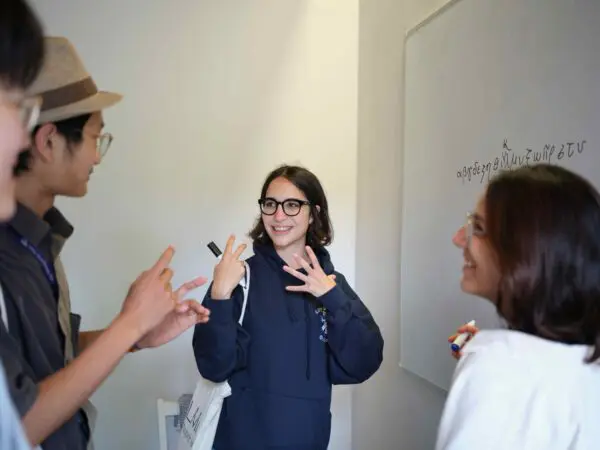
Oxford, United Kingdom
Advanced Artificial Intelligence and Machine Learning: Generative AI and Deep Unsupervised Learning
When:
29 June - 17 July 2026
Credits:
7.5 EC
Read more
Artificial Intelligence Spring Course
When:
30 March - 02 April 2026
School:
University of Groningen Summer Schools
Institution:
University of Groningen
City:
Country:
Language:
English
Credits:
0 EC
Fee:
305 EUR


ACT-R, Nengo, PRIMS, and Neuromorphic Intelligence all in one place!
A deep immersion through hands-on tutorials and lectures in one modeling paradigm of the participant’s choice.
Various guest lectures and an opportunity for participants to share their own research in a poster session!
Accepting applications now!
Niels Taatgen, Jelmer Borst, Sönke Steffen, Stephen Jones, Ram Eshwar Kaundinya
Bachelors, Masters, PhD, Post-doc or related who are interested in cognitive modeling topics. Researchers in neuromorphic computing. Cognitive science students.
After this spring school, participants will:
- Have fluency in one cognitive modeling paradigm
- Have a library of hands-on tutorials/examples
- Exposure to other related modeling approaches
- Have a broader more integrated picture of cognitive modeling
Workload
- Preparation: 2 hours
- Lectures: 6 hours
- Project Work/Presentations: 20 hours
Upon successful completion of the programme, the Summer School offers a Certificate of Attendance that mentions the workload of 28 hours (28 hours corresponds to 1 ECTS). Students can apply for recognition of these credits to the relevant authorities in their home institutions, therefore the final decision on awarding credits is at the discretion of their home institutions. We will be happy to provide any necessary information that might be requested in addition to the certificate of attendance.
Fee
305 EUR, Includes dinner on Wednesday, scavenger hunt, snacks
When:
30 March - 02 April 2026
School:
University of Groningen Summer Schools
Institution:
University of Groningen
Language:
English
Credits:
0 EC

Oxford, United Kingdom
When:
29 June - 17 July 2026
Credits:
7.5 EC
Read more

Pisa, Italy
When:
22 June - 26 June 2026
Credits:
3 EC
Read more

Oxford, United Kingdom
When:
20 July - 07 August 2026
Credits:
7.5 EC
Read more